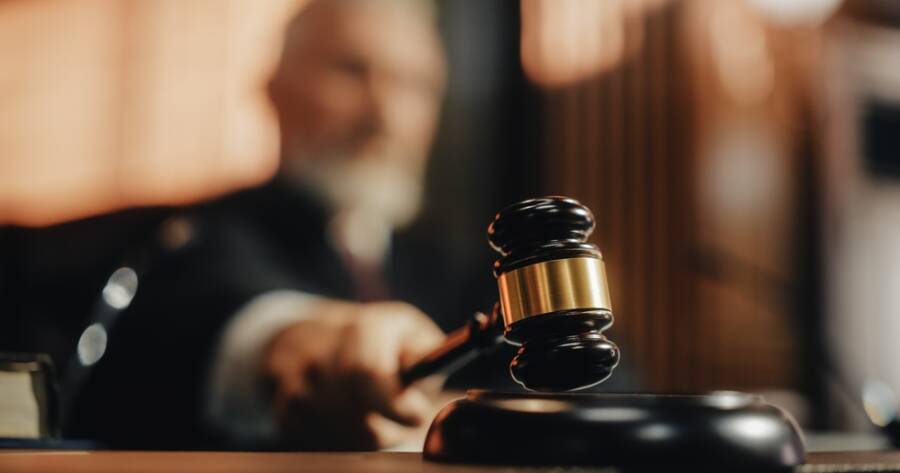Consumer lawsuits are legal battles initiated by individuals or groups seeking compensation or justice for harm caused by corporations, organizations, or other entities. These cases can cover a wide range of issues, from defective products and unfair business practices to breaches of privacy and discrimination. Knowing what these lawsuits are, why they matter, and how to find out if you’re eligible for compensation can help protect your rights and potentially lead to financial recovery.
What Are Consumer Lawsuits?
Consumer lawsuits are legal actions taken by individuals or groups who believe they have been harmed by businesses, products, or services. These lawsuits often address issues like defective products, fraudulent business practices, or violations of consumer rights. They can be filed by a single person or as a class action, where many affected individuals join together. These legal battles seek compensation for damages, corrective actions by the business, or both.
In many cases, consumers are unaware that they have been affected until they face issues like injury or financial loss. Consumer lawsuits empower individuals to seek justice, ensure businesses are held accountable, and prevent further harm to others. By pursuing these cases, consumers can also help spark necessary industry-wide changes.
Why Consumer Lawsuits Matter
Consumer lawsuits are crucial because they ensure that businesses and corporations are held accountable for their actions. Without legal recourse, individuals may suffer in silence or be forced to accept faulty products, poor services, or unfair practices. These lawsuits can force companies to change their behavior, leading to better industry standards and consumer protection.
Furthermore, consumer lawsuits help protect other consumers by raising awareness of unsafe products or unethical practices. They can lead to public recalls of defective items, stricter regulations, or legal reforms. Essentially, they provide a platform for individuals to take action against corporate wrongdoings that can affect large numbers of people.
Ongoing Consumer Lawsuits
There are several ongoing consumer lawsuits that address current issues affecting the public. These include ransomware lawsuits, where victims of cyberattacks are seeking compensation for data breaches and financial losses. Product liability lawsuits are also prominent, particularly those involving defective products that have caused injuries, such as faulty pressure cookers or e-cigarettes.
Other notable cases involve mesothelioma lawsuits, where individuals exposed to asbestos are seeking damages for health issues caused by unsafe working conditions. These ongoing cases highlight the diverse ways consumer lawsuits help individuals seek justice when harmed by corporate negligence or misconduct.
How to Know if You’re Eligible for Compensation
Determining eligibility for compensation through a consumer lawsuit often depends on whether you’ve been directly affected by a company’s actions. For example, if you’ve suffered injuries due to a defective product or have been impacted by a data breach, you might be eligible to join an ongoing lawsuit. Checking the details of the lawsuit and understanding the criteria is essential.
To find out if you’re eligible for compensation, research ongoing class action lawsuits or consult with a lawyer who specializes in consumer rights. They can help assess your case, determine if you qualify, and guide you through the legal process. Additionally, websites dedicated to tracking class actions can provide up-to-date information on open lawsuits and eligibility requirements.
Taking Action: Your Path to Justice
Consumer lawsuits play a pivotal role in holding companies accountable for their actions and protecting the rights of individuals. Whether you’ve been impacted by a defective product, a data breach, or unsafe working conditions, exploring your legal options can help you secure compensation and prevent others from suffering the same fate. If you think you may be eligible for a lawsuit, don’t hesitate to consult a legal expert who can guide you through the process and ensure your rights are upheld.



